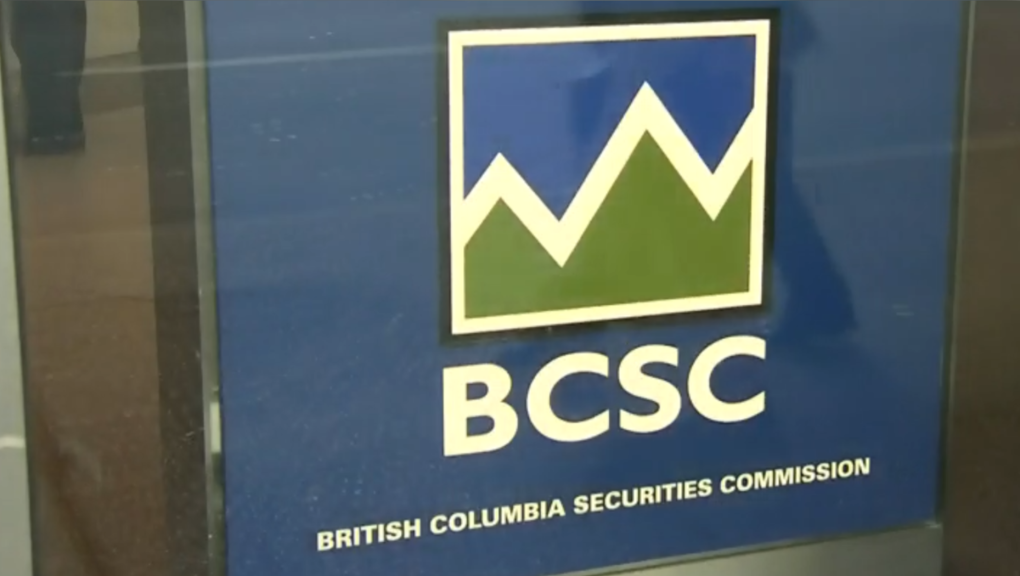A Vancouver-based blockchain company broke the law when it published a misleading news release about its corporate fundraising, but the vice-president who distributed the release did not, B.C.’s securities regulator has ruled.
BLOK Technologies Inc., previously known as Aida Minerals Corp., has been the subject of a B.C. Securities Commission investigation for years.
The company’s former CEO and CFO entered settlement agreements with the commission last year in which they admitted to breaching the provincial Securities Act.
All of the allegations against the company and its personnel stemmed from a June 2018 news release in which BLOK announced that it had raised more than $5.4 million from private investors.
The release indicated that the money raised would be used “for advancing the company’s current blockchain investment projects, evaluating new blockchain opportunities and for working capital purposes,” but it failed to disclose that more than $4.4 million of the total would be paid to consultants.
In a decision issued Thursday, a discipline panel of the BCSC concluded that BLOK’s release was misleading and that it ought to have known as much.
“Reasonable investors would have expected that BLOK might use some of the monies raised to improve its financial position and pay expenses,” the decision reads.
“But those reasonable investors would not have expected that BLOK would retain only about 18 per cent of the monies raised to execute its business model and pay expenses.”
A decision on sanctions for the company, which is in the process of being dissolved, will be made at a later date.
The BCSC’s executive director also asked the panel to find that former BLOK vice-president James Joseph Hyland also contravened the Securities Act by authorizing, permitting or acquiescing to the company’s misrepresentations.
While Hyland was the contact person listed on the news release that contained the misleading statements, he told the panel that he was unaware of the company’s unpaid consulting fees at the time the release was issued.
According to the decision, he said he did not question the information in the release because he trusted others working for the company to be accurate, and did not believe he needed to double-check their work.
The BCSC’s executive director argued that Hyland knew about the release’s misrepresentations regarding consulting fees, or that he ought to have known about them if he didn’t.
The panel concluded that the executive director had not proven Hyland knew about the misleading statements, and that “ought to have known” was not a standard that could be applied to the specific part of the Securities Act he was accused of breaching.
“We therefore decline to determine whether Hyland ought to have known,” the decision reads.
“It is quite possible that he should have. One could argue that there was a general failure of good governance at BLOK. Perhaps Hyland as a vice president and chair of the audit committee should have known about the consulting agreements. Perhaps he should have played a greater role in the drafting of news releases given that he was noted as the person to contact. However, those issues are not before us.”

